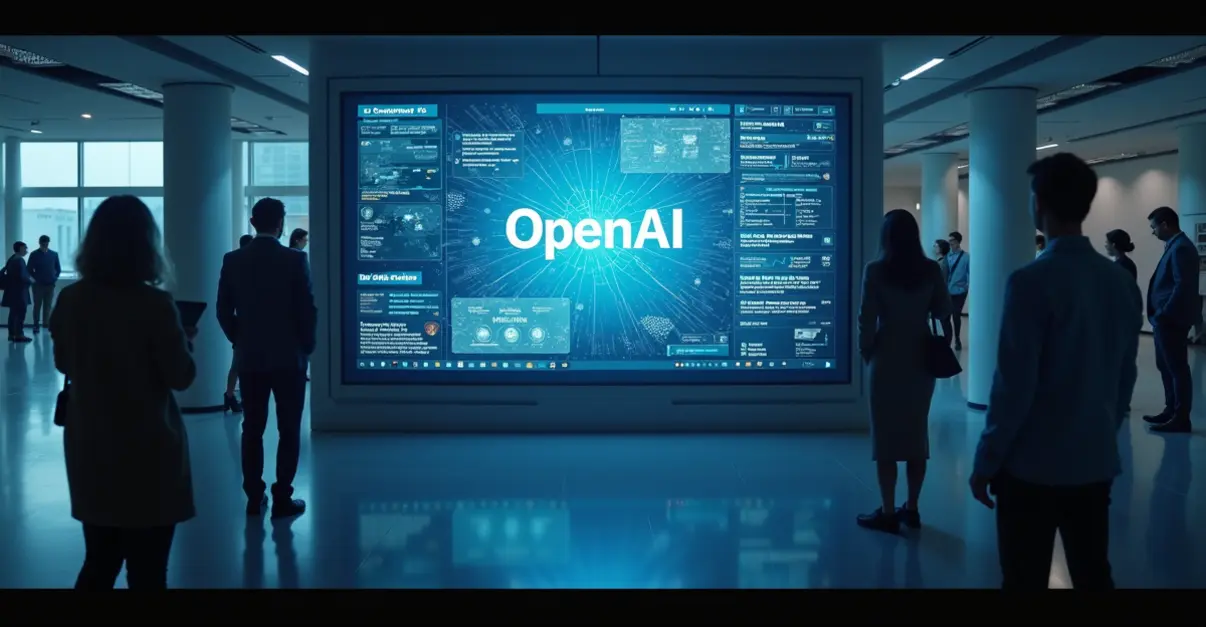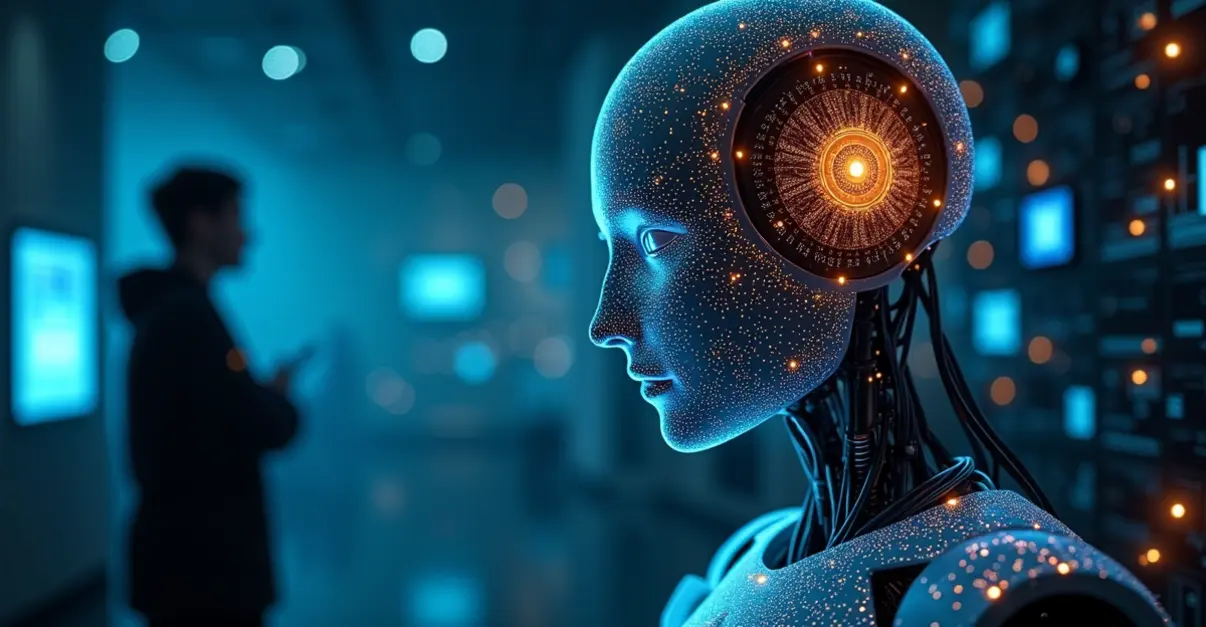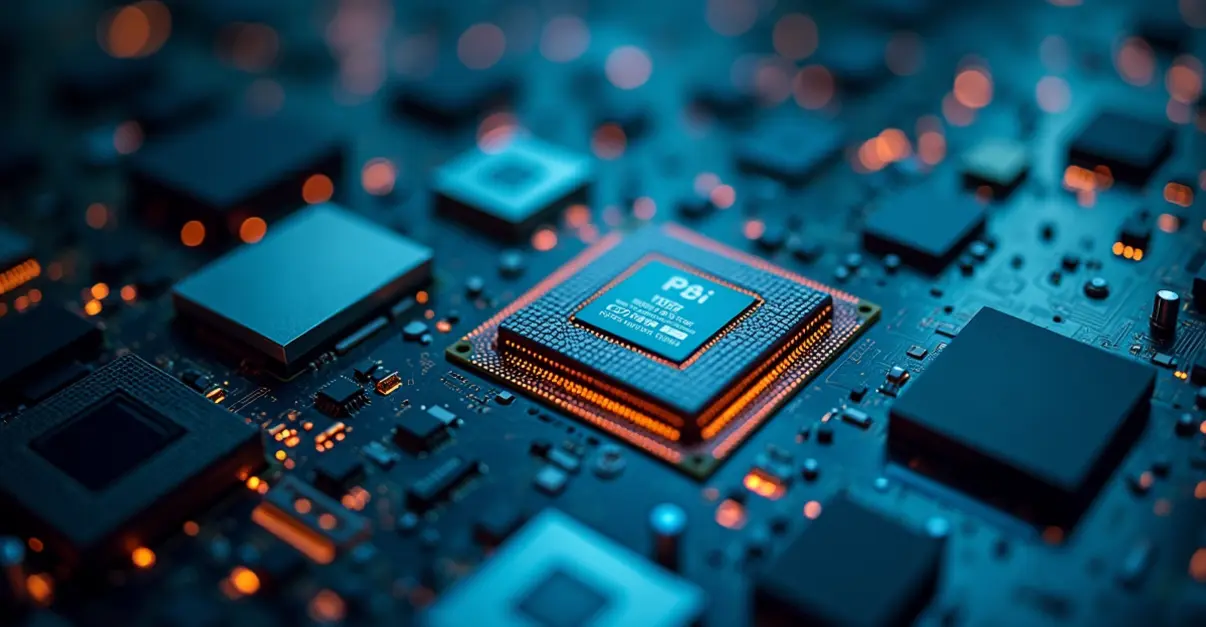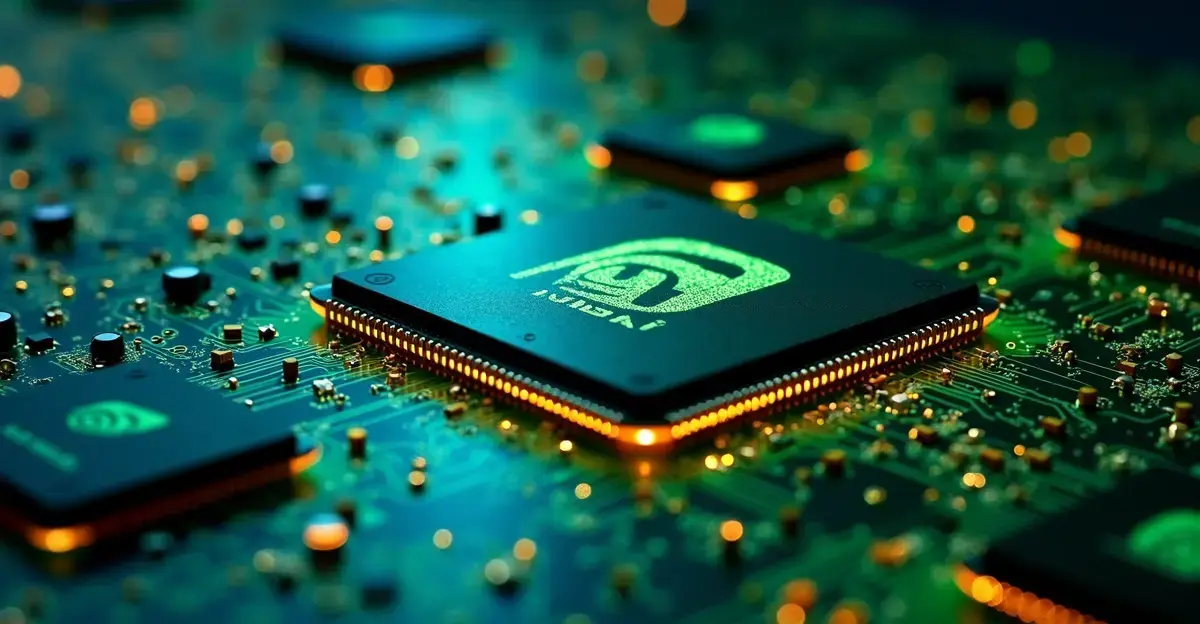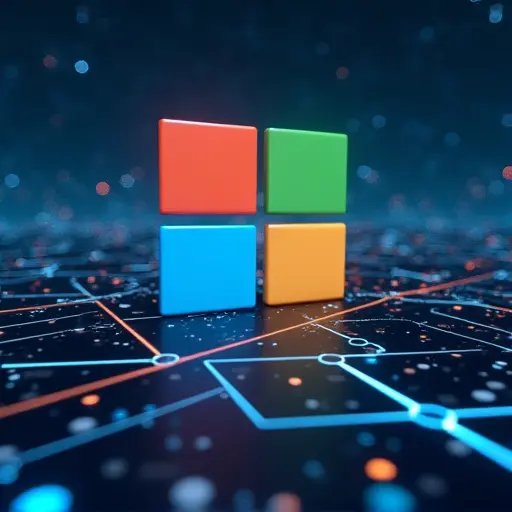Historic AI Partnership Enters New Phase
In a landmark agreement announced on October 28, 2025, Microsoft has solidified its position as OpenAI's primary strategic partner with a massive $135 billion investment, representing approximately 27% ownership of OpenAI Group PBC. This new definitive agreement marks the next chapter in one of the most significant partnerships in the technology industry, reshaping the landscape of artificial intelligence development and commercialization.
Key Agreement Provisions
The updated partnership preserves several critical elements while introducing new flexibility for both companies. OpenAI will remain Microsoft's exclusive frontier model partner with intellectual property rights and Azure API exclusivity continuing until Artificial General Intelligence (AGI) is declared. However, the agreement now includes an independent expert panel to verify any AGI declarations, addressing previous ambiguities in their relationship.
Microsoft's IP rights have been extended through 2032 and now include post-AGI models, providing the tech giant with long-term access to OpenAI's most advanced technologies. 'This agreement strengthens our ability to advance AI innovation while maintaining the successful collaboration framework that has benefited both companies,' said Satya Nadella, Microsoft Chairman and CEO, in the official announcement.
Structural Changes and New Flexibility
The partnership introduces significant structural changes that provide both companies with greater operational flexibility. OpenAI can now develop some products with third parties, while Microsoft gains the ability to independently pursue AGI development, subject to specific compute thresholds. This represents a departure from the previous arrangement where Microsoft had more exclusive rights.
OpenAI has also committed to purchasing an additional $250 billion of Azure services, though Microsoft no longer has first refusal rights as OpenAI's compute provider. 'The new structure ensures mission alignment as we grow, while providing the financial resources needed to accelerate our research,' stated Sam Altman, OpenAI CEO.
Financial Implications and Market Impact
The $135 billion investment represents a substantial return on Microsoft's original $13.8 billion investment in OpenAI. While Microsoft's stake has decreased from the previous 32.5% to approximately 27%, the company still maintains significant influence over OpenAI's direction. The announcement boosted Microsoft's stock by 2% in early trading, reflecting investor confidence in the strengthened partnership.
OpenAI's recent recapitalization restructuring maintains the nonprofit OpenAI Foundation at the center of operations, with the Foundation retaining control and holding equity valued at about $130 billion. The Foundation has committed $25 billion initially to health and AI resilience initiatives, ensuring continued focus on the organization's original mission of developing safe and beneficial AI.
Industry Implications
This expanded partnership solidifies Microsoft's position as a dominant force in the AI industry while providing OpenAI with the financial stability needed to pursue ambitious research goals. The agreement comes at a time when competition in the AI space is intensifying, with companies like Google, Amazon, and emerging startups all vying for leadership in artificial intelligence development.
The independent verification mechanism for AGI declarations represents a significant step toward addressing concerns about AI safety and governance. 'Having an independent panel verify AGI milestones adds crucial transparency to the process,' noted Dr. Helen Chen, AI ethics researcher at Stanford University.
As both companies continue to push the boundaries of artificial intelligence, this strengthened partnership positions them to lead the next wave of AI innovation while maintaining their commitment to developing technology that benefits humanity.

 Nederlands
Nederlands
 English
English
 Deutsch
Deutsch
 Français
Français
 Español
Español
 Português
Português
